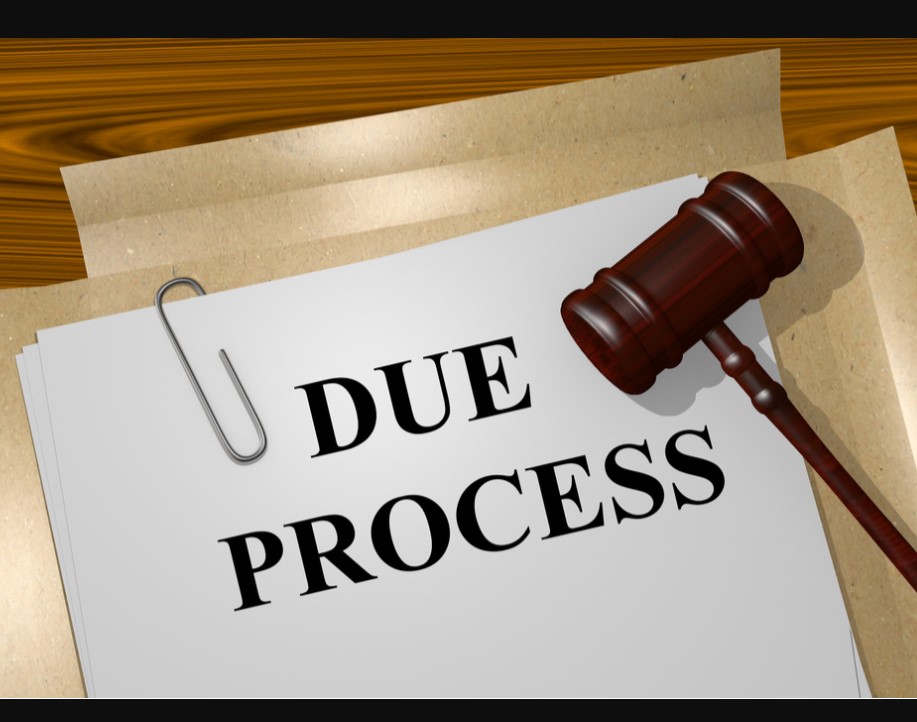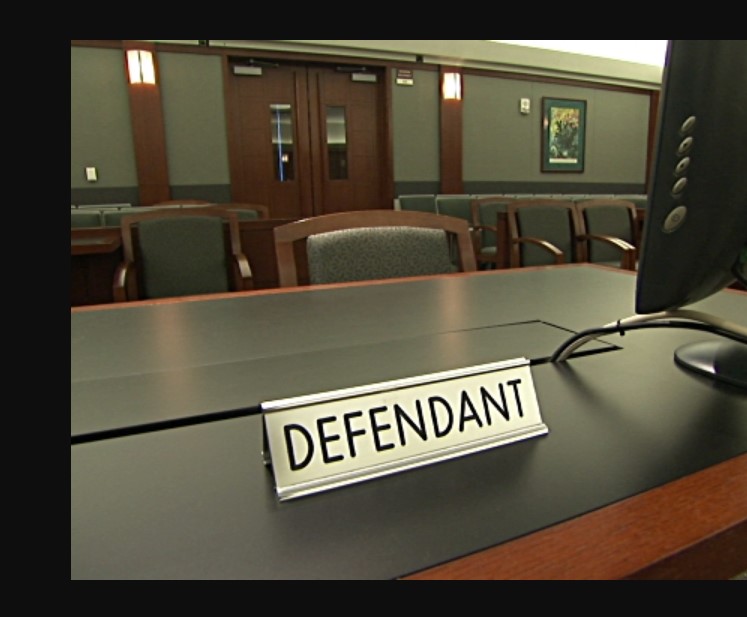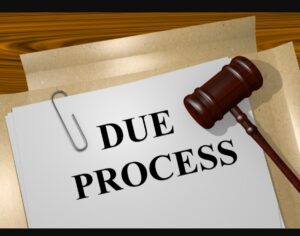Due Process the Principle of Fairness in Legal Proceedings
Due process is a fundamental principle in legal systems worldwide, particularly in democratic nations. It serves as a safeguard to ensure fairness, justice, and transparency in legal proceedings, protecting individuals from arbitrary actions by the state or other powerful entities. This concept is integral to the rule of law, representing the idea that laws and procedures must be applied fairly and consistently to all individuals. This article explores the meaning, history, types, significance, and implications of due process in modern legal systems.
What is Due Process?
At its core, due process refers to the legal requirement that the state must respect all legal rights owed to a person. It means that any action that affects an individual’s rights or freedoms must be conducted with fairness, justice, and equality. Due process ensures that laws and procedures are not applied in a manner that discriminates or violates basic rights.
In many countries, due process is enshrined in constitutional or statutory law. In the United States, for instance, it is protected under the Fifth and Fourteenth Amendments to the Constitution, which state that no one shall be “deprived of life, liberty, or property, without due process of law.” While the wording and specifics may vary between jurisdictions, the underlying principle remains universal: the legal system must operate fairly and impartially.
The Historical Background of Due Process
The concept of due process has roots that trace back centuries. It originated in England with the Magna Carta in 1215, where King John agreed that “no free man shall be seized or imprisoned… except by the lawful judgment of his equals or by the law of the land.” This marked the beginning of the concept that individuals have inherent rights that must be respected by those in power.
As legal systems evolved, the idea of due process spread across Europe and was eventually embedded in American legal principles. The Fifth Amendment, ratified in 1791, was the first instance of due process being codified in the U.S. Constitution. Later, the Fourteenth Amendment, passed after the Civil War, extended this protection to state actions, ensuring that due process applied at both federal and state levels.
Types of Due Process: Substantive and Procedural
Due process is typically divided into two main categories: substantive due process and procedural due process. While both aim to protect individual rights, they address different aspects of legal fairness.
Substantive Due Process
Substantive due process concerns the fundamental fairness of laws themselves. This type of due process focuses on the content of laws to ensure that they do not violate basic rights or freedoms. Substantive due process protects individuals from laws that may be overly broad, oppressive, or infringe upon liberties without justification. For instance, a law that restricts freedom of speech or imposes undue restrictions on personal liberties could be challenged under substantive due process if it is deemed arbitrary or unjust.
Procedural Due Process
Procedural due process, on the other hand, deals with the methods and processes through which laws are applied and enforced. It ensures that individuals are given a fair procedure when they face legal action, including the right to be heard, the right to a fair trial, and the right to an unbiased decision-maker. Procedural due process is a safeguard against arbitrary actions by the state, ensuring that legal proceedings follow a consistent set of rules and principles.
Key Elements of Procedural Due Process
Procedural due process includes several essential elements that protect individuals’ rights during legal proceedings. These elements form the basis of a fair and just legal system:
- Notice of Charges: Individuals must be informed of any charges or accusations against them in a timely manner. This notice allows them to prepare an appropriate defense.
- Right to be Heard: Due process guarantees that individuals have the opportunity to present their case and provide evidence in their defense. This may include the right to legal representation and the ability to cross-examine witnesses.
- Impartial Tribunal: An unbiased and impartial decision-maker is crucial to procedural due process. This means that judges, juries, or any other decision-making bodies should not have a vested interest in the case’s outcome.
- Right to Appeal: Individuals often have the right to appeal a decision if they believe it was unfair or incorrect. The appeal process serves as an additional layer of protection against errors or biases.
- Protection Against Self-Incrimination: Due process protects individuals from being forced to testify against themselves. This right is enshrined in many legal systems to prevent coerced confessions and unfair prosecution.
Why Due Process Matters
Due process is a cornerstone of any democratic society, as it protects individuals from arbitrary or abusive actions by those in power. It is essential for the following reasons:
- Safeguarding Individual Rights: Due process ensures that individuals are treated fairly and that their rights are respected, even when they are accused of a crime or involved in a legal dispute.
- Promoting Justice and Fairness: Due process promotes a sense of justice by providing a consistent and fair legal framework. This helps build public confidence in the legal system, which is essential for maintaining social order.
- Preventing Abuse of Power: By establishing rules and procedures that the state must follow, due process limits the potential for abuses of power. It creates accountability for state actions and prevents officials from exercising unchecked authority.
- Protecting Minority Rights: Due process often serves as a protection for vulnerable or minority groups who may face discrimination or unfair treatment. It ensures that all individuals are treated equally under the law.
Due Process in Practice: Real-World Examples
Due process plays a significant role in various areas of law, from criminal cases to administrative hearings and immigration proceedings. Here are a few examples of due process in action:
- Criminal Law: In criminal cases, due process is crucial. Defendants have the right to a fair trial, including the right to legal representation, protection from self-incrimination, and the right to cross-examine witnesses. Without due process, innocent individuals could be wrongly convicted or subjected to unfair punishments.
- Immigration Law: Due process also applies to immigration proceedings, where individuals facing deportation or other actions have the right to a fair hearing. This includes notice of the charges against them and the opportunity to present evidence in their defense.
- Employment Law: In cases involving termination or disciplinary actions, due process may require employers to follow certain procedures before taking action. Employees may be entitled to a fair hearing or appeal process, particularly in public sector jobs or unionized positions.
Challenges to Due Process
Despite its importance, due process faces challenges in various contexts. In times of crisis, such as national security threats, governments may be tempted to bypass due process in the interest of public safety. For example, after the September 11 attacks, some argued that certain counterterrorism measures violated due process rights.
Additionally, disparities in legal resources can impact due process. Those who cannot afford skilled legal representation may face difficulties navigating complex legal procedures, leading to concerns about the fairness of the legal system.
Conclusion: The Enduring Importance of Due Process
Due process remains an essential pillar of the legal system, promoting fairness, accountability, and equality under the law. While its application may vary depending on the jurisdiction and specific legal issue, the underlying principles of due process—fair notice, impartiality, and the right to be heard—are universally recognized as essential to a just society.
As society and legal systems evolve, maintaining a commitment to due process is crucial for upholding the rule of law and protecting individuals’ fundamental rights. By ensuring that all individuals are treated fairly and with respect for their rights, due process contributes to a more just, equitable, and democratic society.




Post Comment